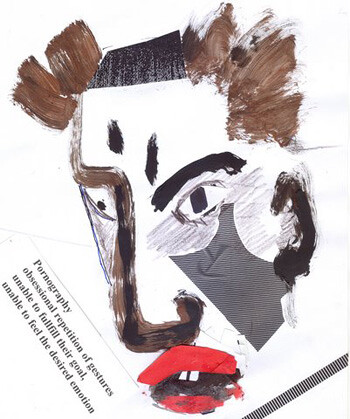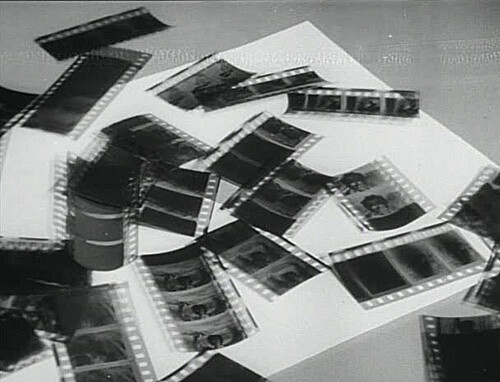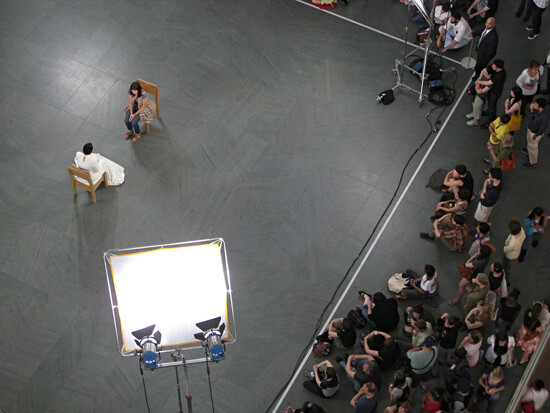Recent years have witnessed a new techno-social framework of contemporary subjectivation. And I would like to ask whether a process of autonomous, collective self-definition is possible in the present age. The concept of “general intellect” associated with Italian post-operaist thought in the 1990s (Paolo Virno, Maurizio Lazzarato, Christian Marazzi) emphasizes the interaction between labor and language: social labor is the endless recombination of myriad fragments producing, elaborating,…
Issue #20
November 2010
With:
Julieta Aranda, Brian Kuan Wood, Anton Vidokle, Franco “Bifo” Berardi, Keti Chukhrov, Joshua Simon, Simon Sheikh, and Nato Thompson
Should everything be seen as raw material? It is a promise at the very heart of the language, the experience, the reception, the production of art. Hardened systems full of authority should be beaten back down to a point where their basic components become malleable, where as raw material they can play host to potentials, to promises of other ethics, of other forms completely. This can be done using literal, formal, figurative, poetical, or contextual means, and over the past century, just…
View List
View Grid
6 Essays
November 2010
1. Basic Provisions for the Theory of Immaterial Labor
In his programmatic work A Grammar of the Multitude , Paolo Virno describes a number of signs of post-Fordist capitalism that mark radical changes in the First-World production system’s relation to labor over the past forty years. Most importantly, he states that post-Fordism has annulled or complicated the traditional Marxist correlation between the worker’s labor time and the degree of his or her exploitation. 1 As labor is…
It is perfectly understandable that the dandy, the man who is never ill at ease, would be the ideal of a society that had begun to experience a bad conscience with respect to objects. What compelled the noblest names of England, and the regent himself, to hang on every word that fell from Beau Brummell’s lips was the fact that he presented himself as the master of science that they could not do without. To men who had lost their self-possession, the dandy, who makes of elegance and the…
The relationship between picturing and politicking has long been a concern of political movements, as well as of politically minded artists. And so both asked: how to make representations political without being caught up in the politics of representation? How to be politically “correct” in one’s production of images? These were, famously, the problems posed by Walter Benjamin’s essay on the artist as producer, a text that Hito Steyerl deliberately mirrors, if not quotes, in her polemical…
Many can relate to a sense of disembodied franticness that expands across the landscape of our daily lives. We are busy people. We are plugged in to phones and computers, and constantly on the move. An elusive horizon—the purpose of our quicksilver existence—has been erased in favor of a go-to emotional state that is the result of a privatization of time. We are frantic workers even when we work against the very conditions that produce our franticness.
In his incisive book Capitalist…





